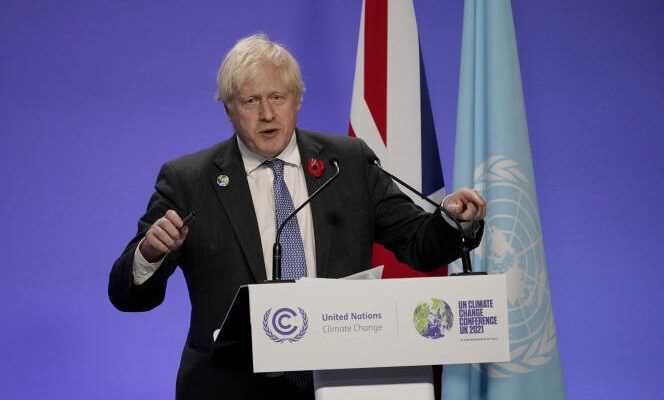From COP26, we will obviously retain the Glasgow Climate Pact, a disappointing agreement, including real progress (the attention paid to losses and damage caused by global warming, an appointment set at the end of 2022 to improve emissions reductions) , but not enough boldness or clarity, according to NGOs and the most vulnerable countries, on finances or the necessary exit from fossil fuels. We will also note the presence, in the corridors of the conference and the streets of Glasgow (Scotland), of representatives of indigenous peoples and countries at the forefront of climate change, determined to influence the discussions.
Finally, on Saturday November 13, at the end of two weeks of marathon negotiations, we will remember the emotion that was difficult to contain by Alok Sharma, the president of the COP26, when the Indian delegation (supported by the Chinese) obtained, in extremis, to weaken the final text on the abandonment of fossil fuels. “I am deeply sorry for the way this discussion has gone. I understand the deep disappointment, but it is vital that we keep this agreement alive ”, said the Briton, his voice broken. Later that evening, the former Minister of Industry by Boris Johnson acknowledged how far the COP was still far from the mark: “We kept the goal alive [d’un réchauffement limité] at 1.5 ° C, but his pulse is weak. “
Outstanding summit
Lucid, discreet, tenacious: Mr. Sharma has in any case made a name for himself in Glasgow. Before being appointed to this post by Boris Johnson, this 54-year-old politician of Indian origin held several ministerial functions (housing, employment, international development), but he was not until now not seen in the national media as a rising star of the Conservative Party – unlike Liz Truss, the current foreign minister, or Rishi Sunak, the Chancellor of the Exchequer. His involvement, these last eighteen months ahead of the conference, the pressure he maintained throughout COP26 to reach an agreement despite the lack of commitment from the United States, China or Russia and the loss of confidence of the poorest countries, however, earned him warm applause on Saturday in Glasgow.
The British presidency of this extraordinary summit – by the number of participants and the expectations it aroused – was deemed effective despite the organizational failures (the queues to enter the conference) put by London on the account of the Covid-19 pandemic. Well thought out, the choreography of the conference (a summit of heads of state and government at the very beginning, sector announcements every day thereafter) kept media attention and pressure on negotiators. Just like the slogan found by the British government a little before the conference (“Coal, Cash, Cars and Trees”, “Coal, finances, cars and trees”), setting the country’s priorities for COP26.
You have 47.1% of this article to read. The rest is for subscribers only.
